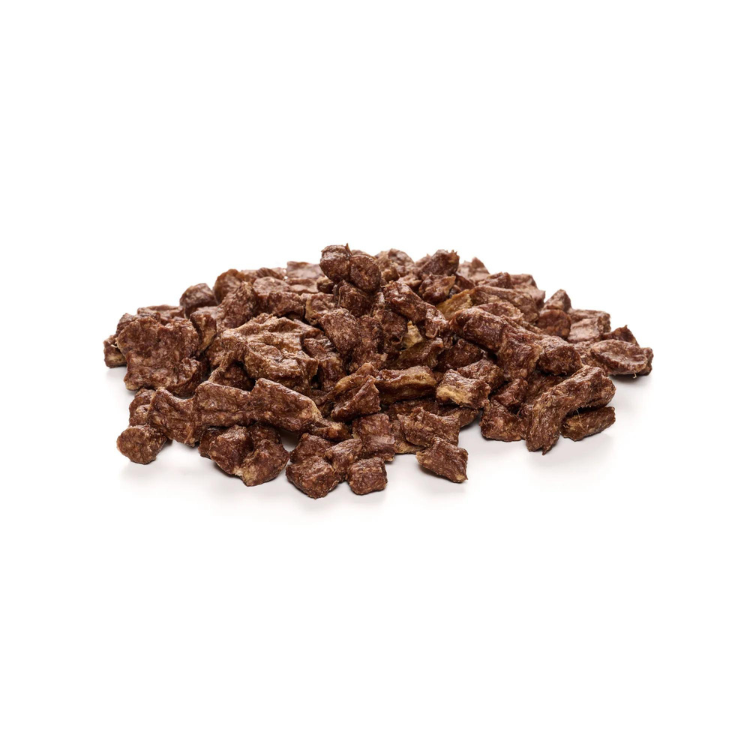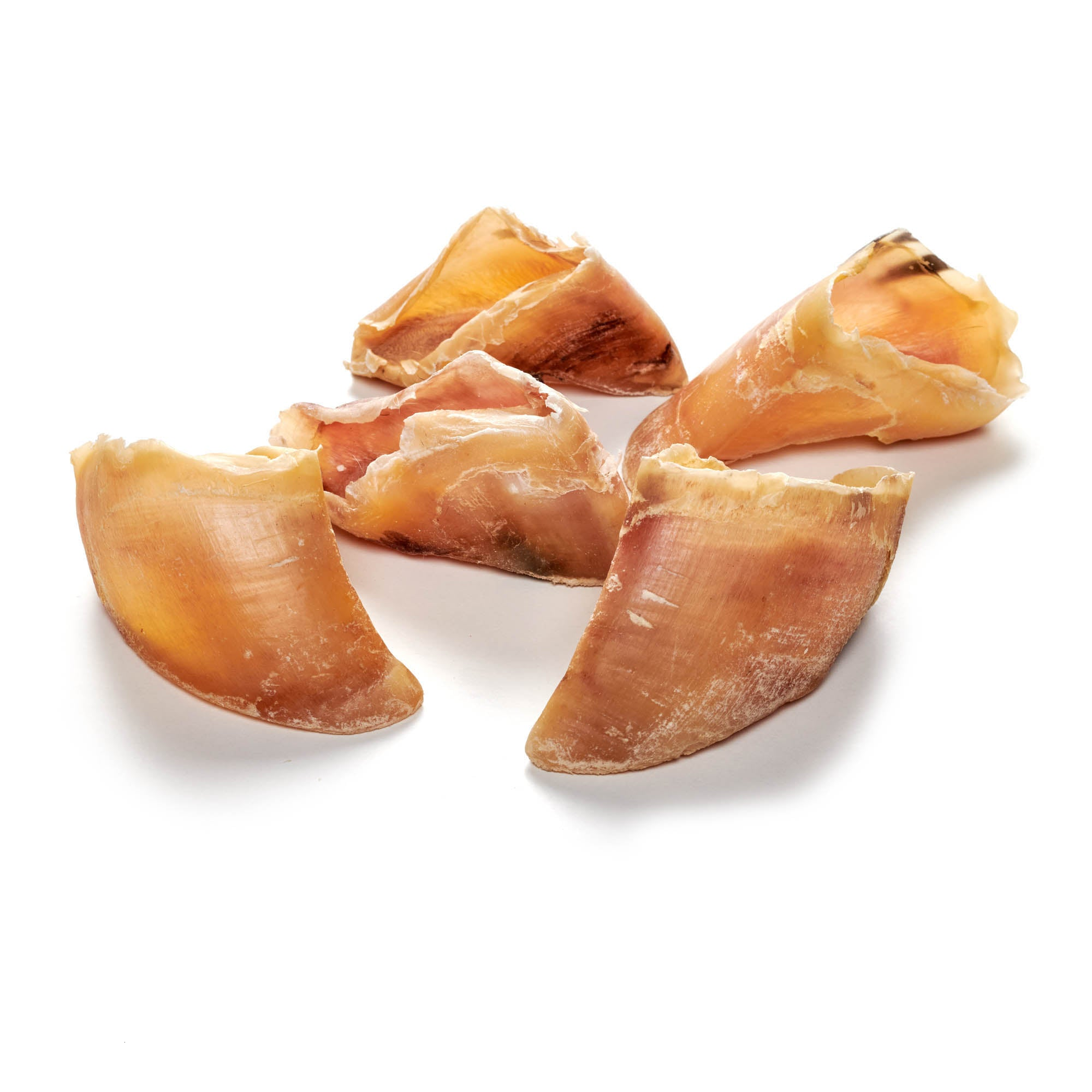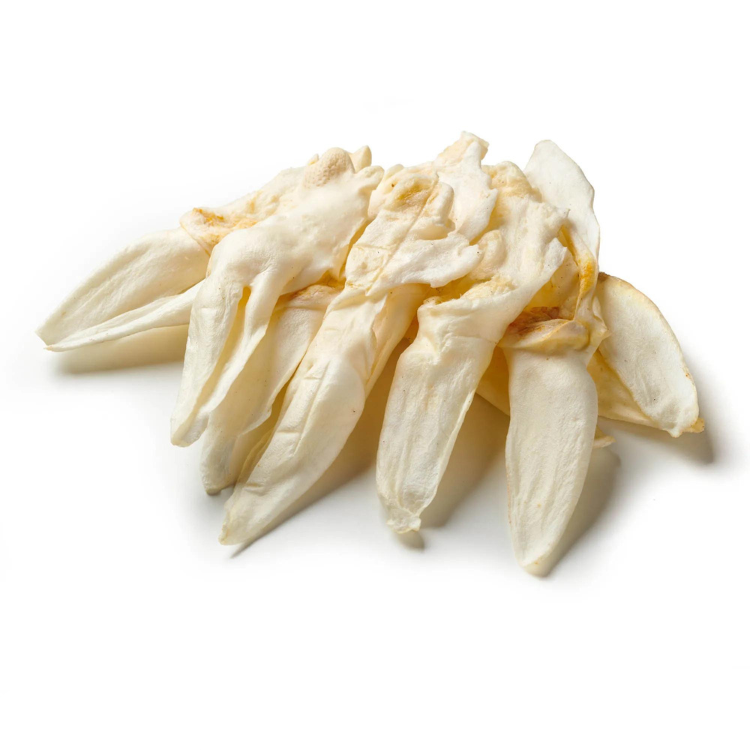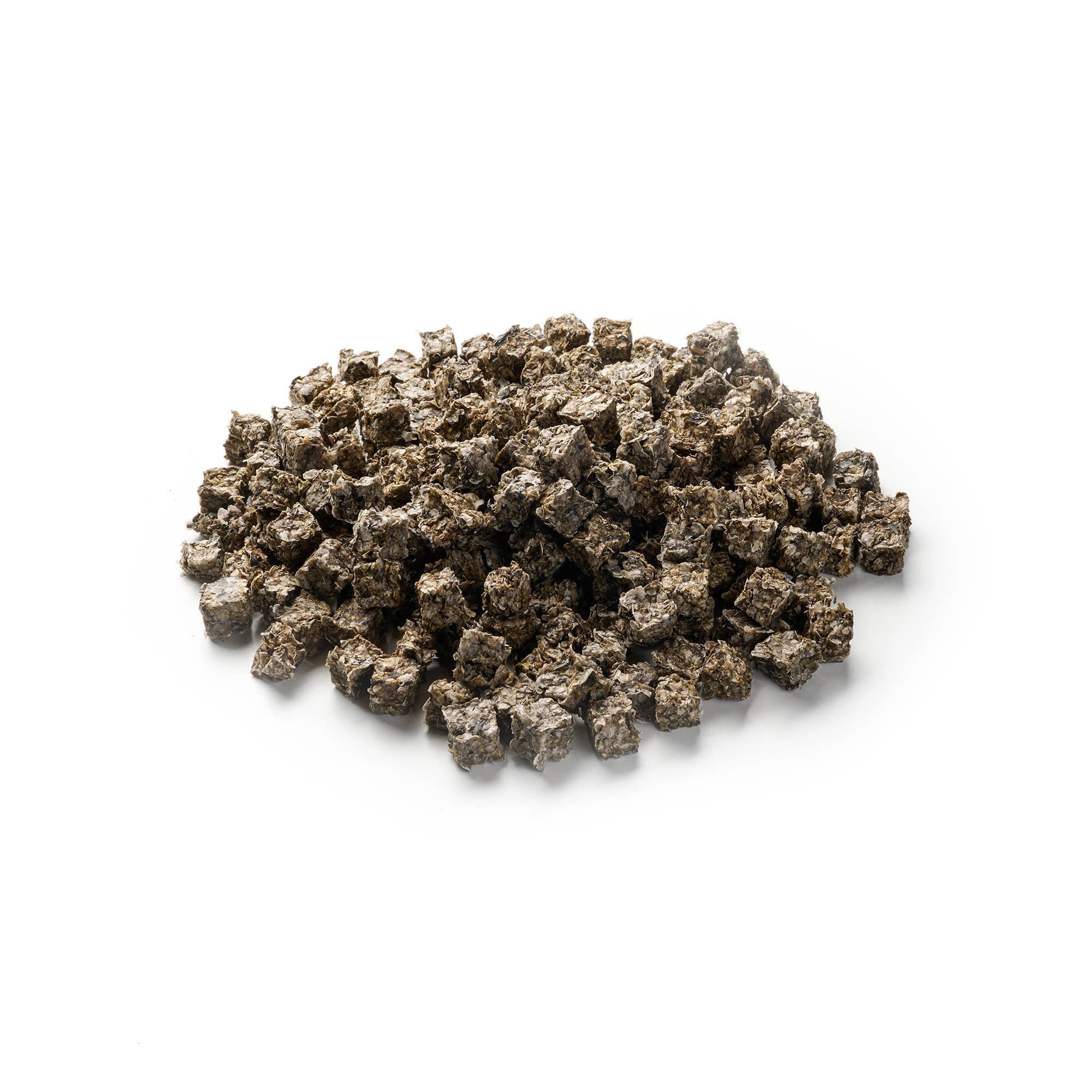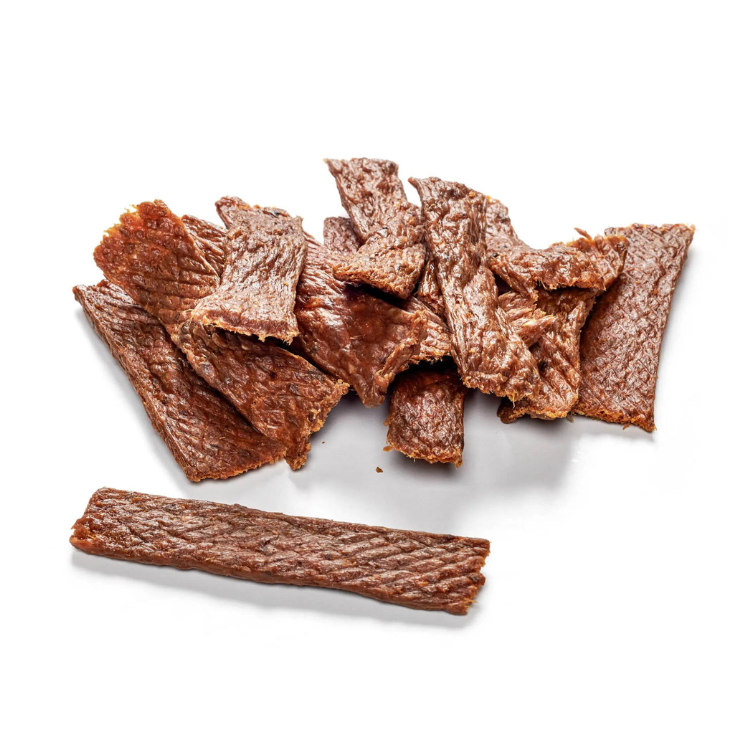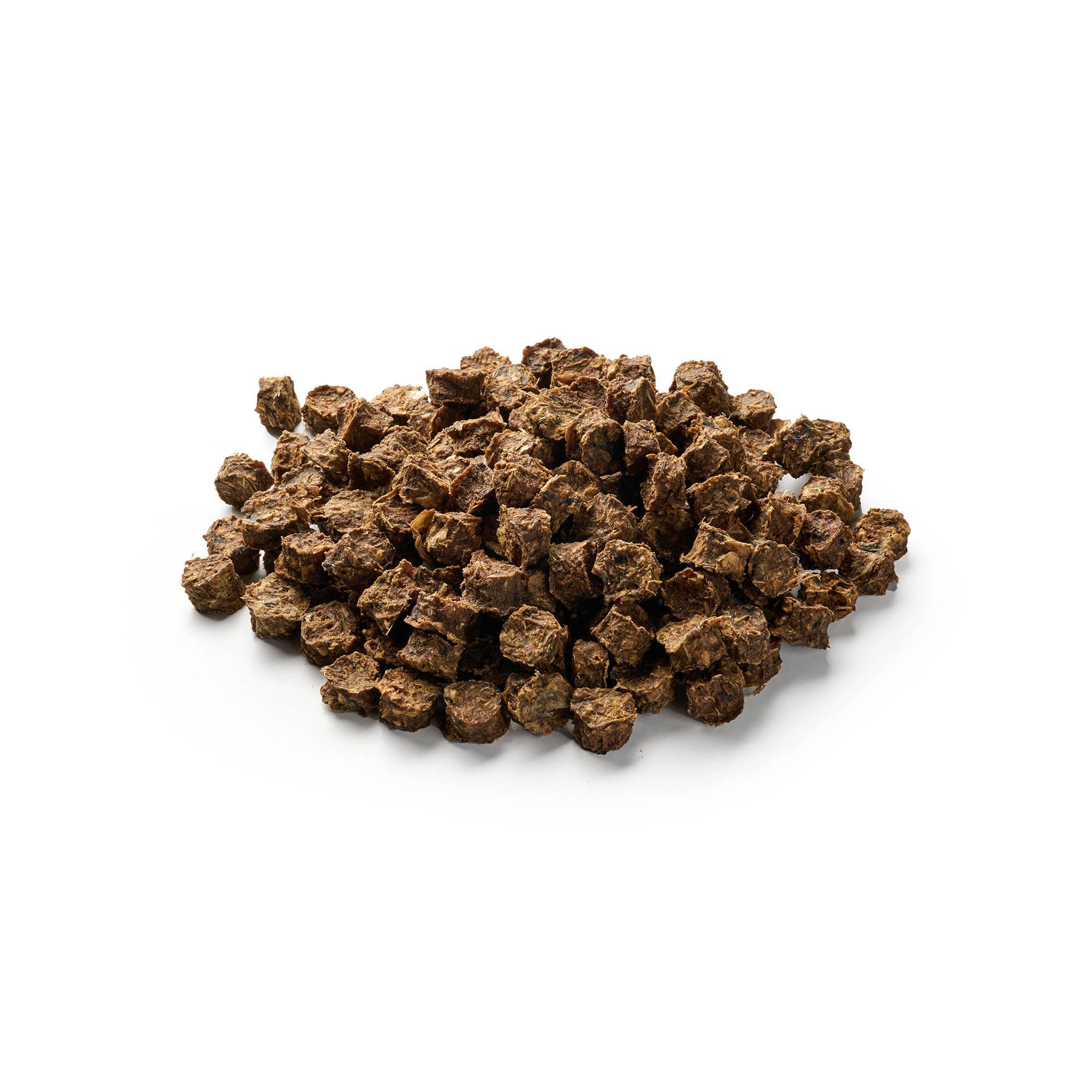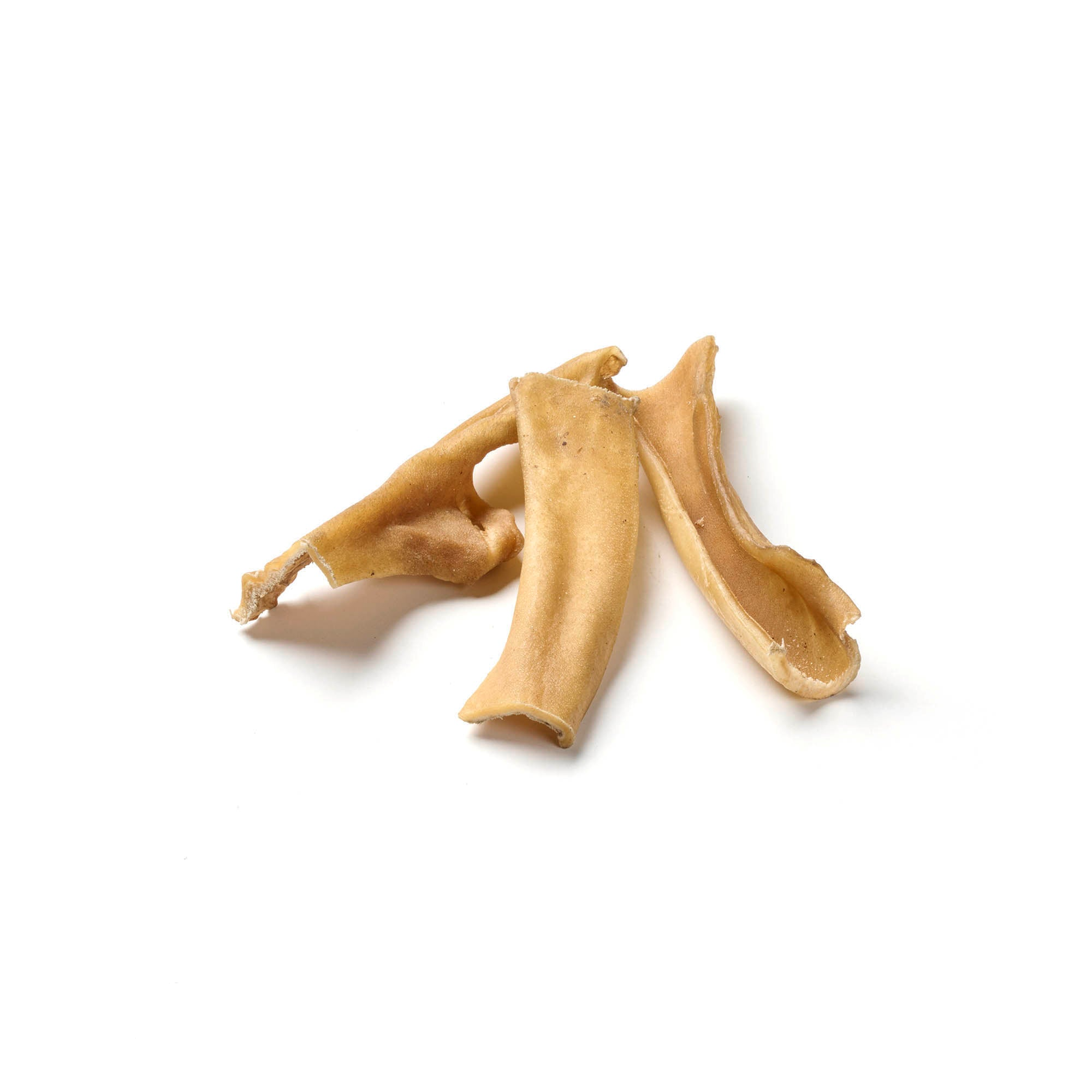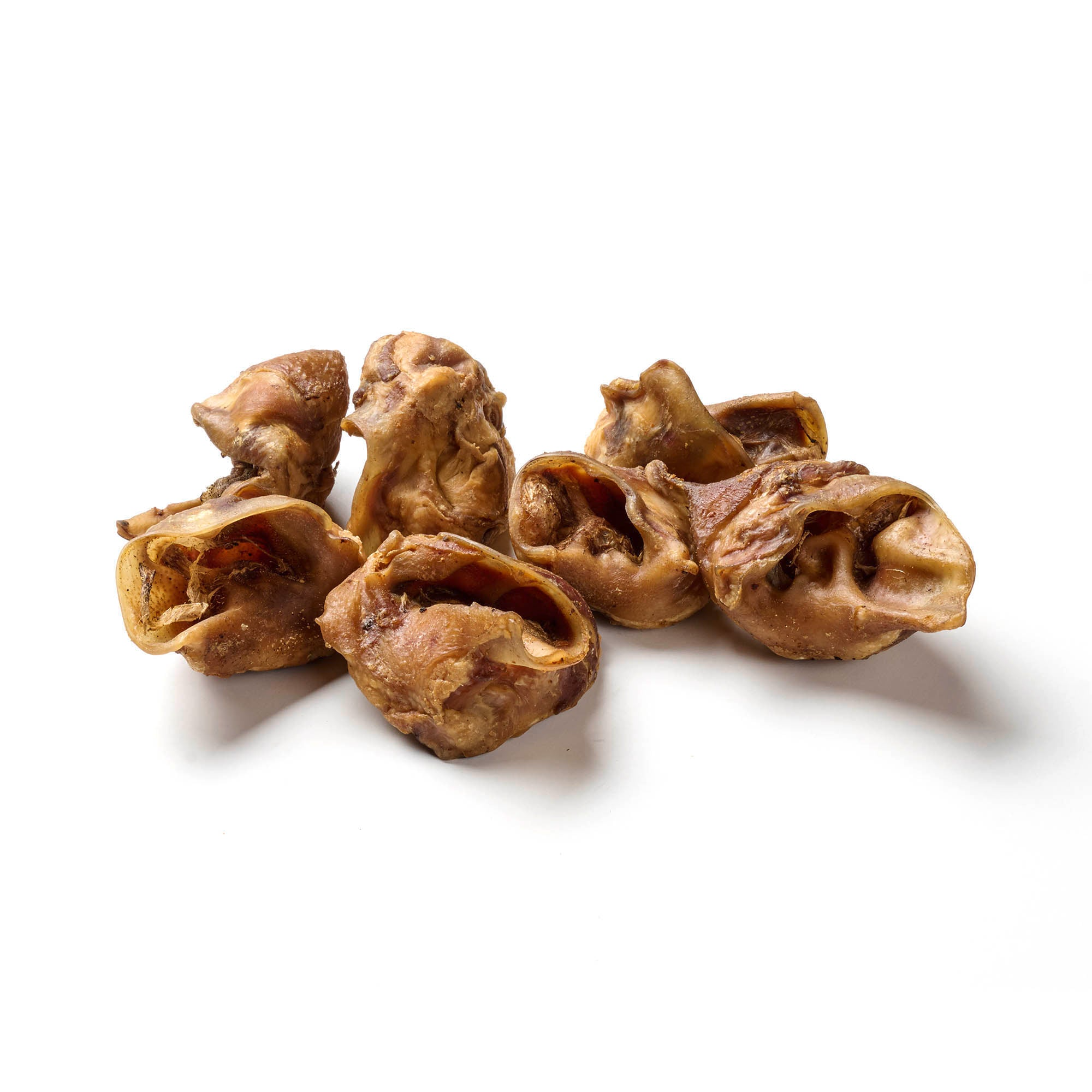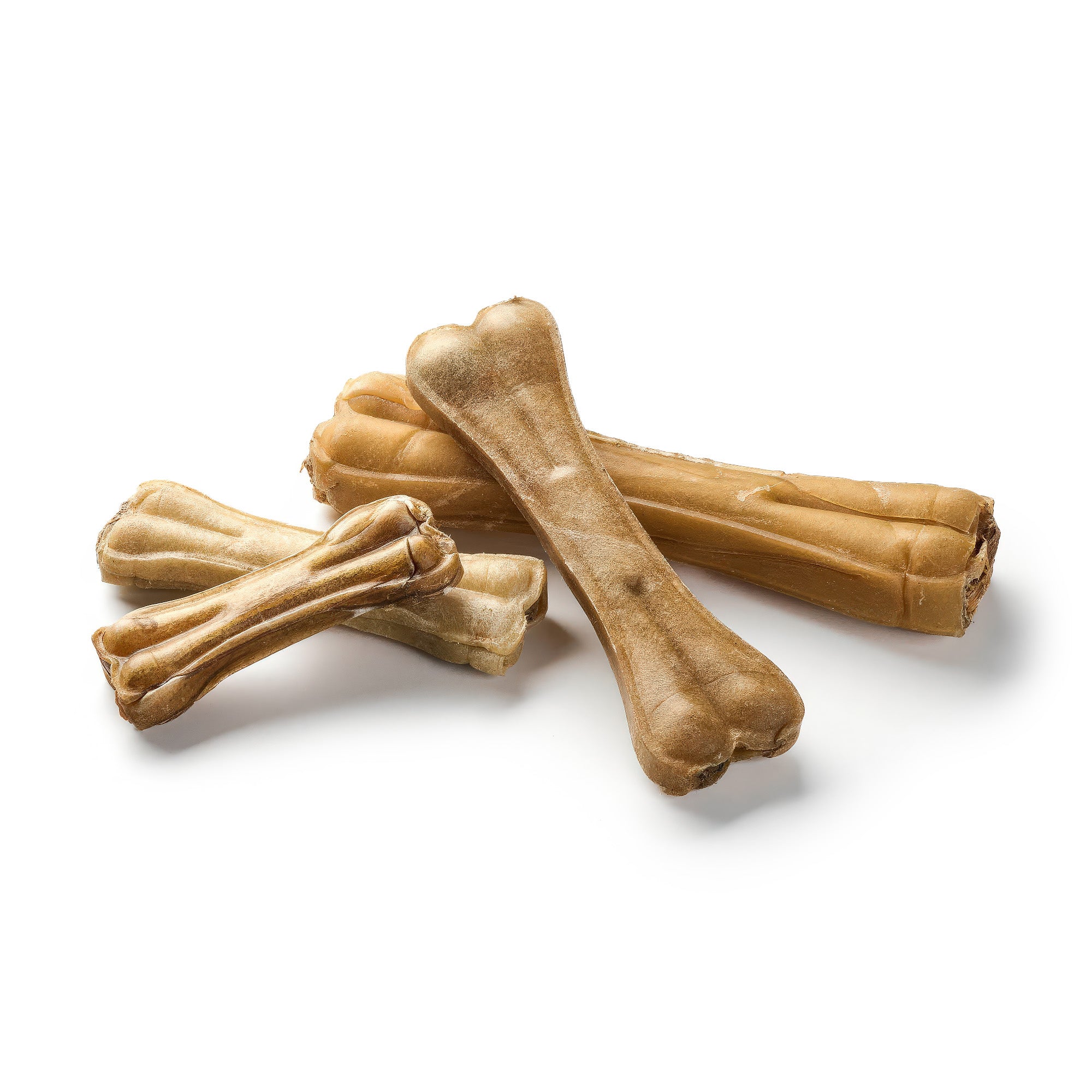
Diarrhea in dogs
Share
As a dog owner, there is a high probability that your beloved four-legged friend will have diarrhea at least once. There are many reasons for this. In most cases, diarrhea can be brought under control in a short time without having to go to the vet.
However, you should always take this condition seriously and keep a close eye on your dog, because the situation can quickly turn sour! In this article, we will not only explain possible causes of diarrhea, but also give you a few tips on how you can help and when it is time to see a doctor.
Delicious chews for your faithful companion now available!
Possible causes of diarrhea in dogs
Diarrhea is a type of digestive disorder, just like in humans. The cause is often harmless and can usually be traced back to direct actions (e.g. drinking from a puddle) or changes in daily life (new food or stress). Sometimes, however, diarrhea in dogs is also a symptom that indicates a serious illness or possibly even poisoning . In this case, it is of course absolutely essential to see a vet immediately!
If, however, you are fairly certain that your furry friend's condition has a less dramatic cause, then it is fine to treat the dog yourself for one to three days and - very importantly - not to let him out of your sight. If the condition does not improve, it is essential to seek professional advice from a doctor!
- Various diseases caused by tick bites or bacteria/fungi/viruses through contact with foreign animal feces
- Problems with nutrition: Dog has overeaten; cannot tolerate dairy products; has other food intolerances; has eaten spoiled food, has drunk unclean water from puddles/lakes/snow; gulps while eating; has eaten rubbish or garbage
- new living conditions/stress/overwhelm
- Side effects of medication
- Poisoning caused by accidental ingestion of fertilizers in fields or by eating poison bait
Pamper your dog with our chew products!
When do I need to see the vet?
- If in doubt, it is never wrong to go to the vet if you have legitimate concerns about your pet! If you are sure that poisoning has occurred, there is no time to waste!
- Diarrhea is sometimes accompanied by other unpleasant symptoms such as flatulence or stomach pain. If your dog is showing a number of signs of discomfort, seems absent, restless or refuses to eat or drink, it is advisable to go to the vet.
- Puppies and older dogs are more vulnerable to health problems than strong adult animals and have a harder time dealing with the side effects of diarrhea (such as increased water loss). In these cases, you should visit the vet on the first day.
- Blood in the stool, vomiting and/or a fever of over 40 degrees are clear signs that something is wrong. Go to the doctor immediately!
- Your dog is showing signs of severe dehydration. This is not only noticeable through particularly watery diarrhea and a lack of willingness to drink, but also through sticky, dry mucous membranes in the mouth. If you are unsure, you can also do the following test: take a fold of your four-legged friend's skin in your hand and pull it upwards. If it sinks back very slowly, then this is a sign of dehydration.
What can I do? How can I help?
If you can rule out the above-mentioned causes or signs as the reason for the diarrhea, you should now consider what it could be. Rest, drinking plenty of water and not eating for 24 hours often bring about improvement after just one day. Remember to watch for further changes or worsening of the condition so that you can call the vet if necessary! If the situation does not improve after three days, you must definitely go to the vet.
Light food
After fasting or the fasting days, you can give your dog a light diet instead of the usual food to relieve the digestive system and slowly get him fit again. As a rule of thumb, you can remember the following:
- no spices
- no dairy products (because many dogs can't tolerate lactose anyway. If your furry friend can handle it, you can work with small amounts of cottage cheese)
- no difficult to digest ingredients (you can puree the food if you like!)
- the food should be at room temperature
- It is better to eat many small portions than a few large meals – this relieves the strain on the intestines!
example 1
Cook a bag of rice (very soft) and mix it with a grated carrot and a small piece of steamed pollock .
Example 2
Cook a bag of rice (very soft) and mix it with a small piece of cooked and chopped chicken. Two to three tablespoons of cottage cheese can be added optionally.
Prevent diarrhea
There is no one hundred percent solution to prevent diarrhea in your dog. However, you can ensure that your dog leads a very healthy life, which makes him less susceptible to infections and diseases.
A balanced diet that is appropriate for the dog's type is very important. Water should always be fresh and available in sufficient quantities, and exercise is not only fun for your dog, but also ensures a healthy body. Be careful with rubbish on the side of the road or in your own home! You should always be informed about what your four-legged friend is eating and, if necessary, intervene in good time.
Conclusion
Diarrhea in dogs will definitely occur more than once and if it does happen, you should not panic. If it happens suddenly and your furry friend cannot stop himself from defecating in the living room, you should of course not punish this behavior. Often you know what the reason for the diarrhea is and can counteract it immediately with fasting, a light diet and rest. However, since it can also be a symptom of illness or the result of poisoning, you should take diarrhea seriously. If there is no improvement after three days, if your dog is still a puppy or is noticeably worse, then you definitely need to have it checked out by a vet.
Discover delicious dog snacks directly from our range!

